A new milestone for AuBa@C: cylib’s cobot is here
A collaborative robot has arrived at cylib, marking an important step in the company’s efforts to automate battery recycling. This milestone signals the beginning of an extensive testing and integration phase as part of the AuBa@C project.
With support from North Rhine-Westphalia and the European Union, managed by Projektträger Jülich, the AuBa@C project targets one of the industry's main challenges: safely and efficiently dismantling lithium-ion batteries. The project is being developed in collaboration with the Institute of Machine Elements and Systems Engineering (IGMR) at RWTH Aachen University.
Why collaborative robots?
The project began with a practical insight. Collaborative robots, or cobots, can safely operate alongside humans, making it possible to automate the most repetitive and risky steps of battery disassembly while still involving people in the process.
Project Manager Sara Ognjanovic explains, “Cobots give us the best of both worlds. They handle tasks such as removing dozens, sometimes over a hundred screws from a single battery pack and lifting heavy modules. At the same time, our team can focus on steps that require human judgement and flexibility.”
Testing and integration in practice
Until now, battery packs at cylib have been dismantled entirely by hand. Each battery is unique, requiring operators to inspect, open, and carefully disassemble every pack. With the arrival of the cobot, cylib has started a structured testing phase to determine how robotic automation can best be integrated.
“It is not just about process speed,” Ognjanovic notes. “We are also making the work safer and reducing the strain on our team, especially when handling high-voltage components.”
A significant reduction in process time
By integrating the cobot into the process, cylib can significantly reduce the time required for battery disassembly. This improvement increases processing capacity and enables a quicker response to market needs.


.svg)


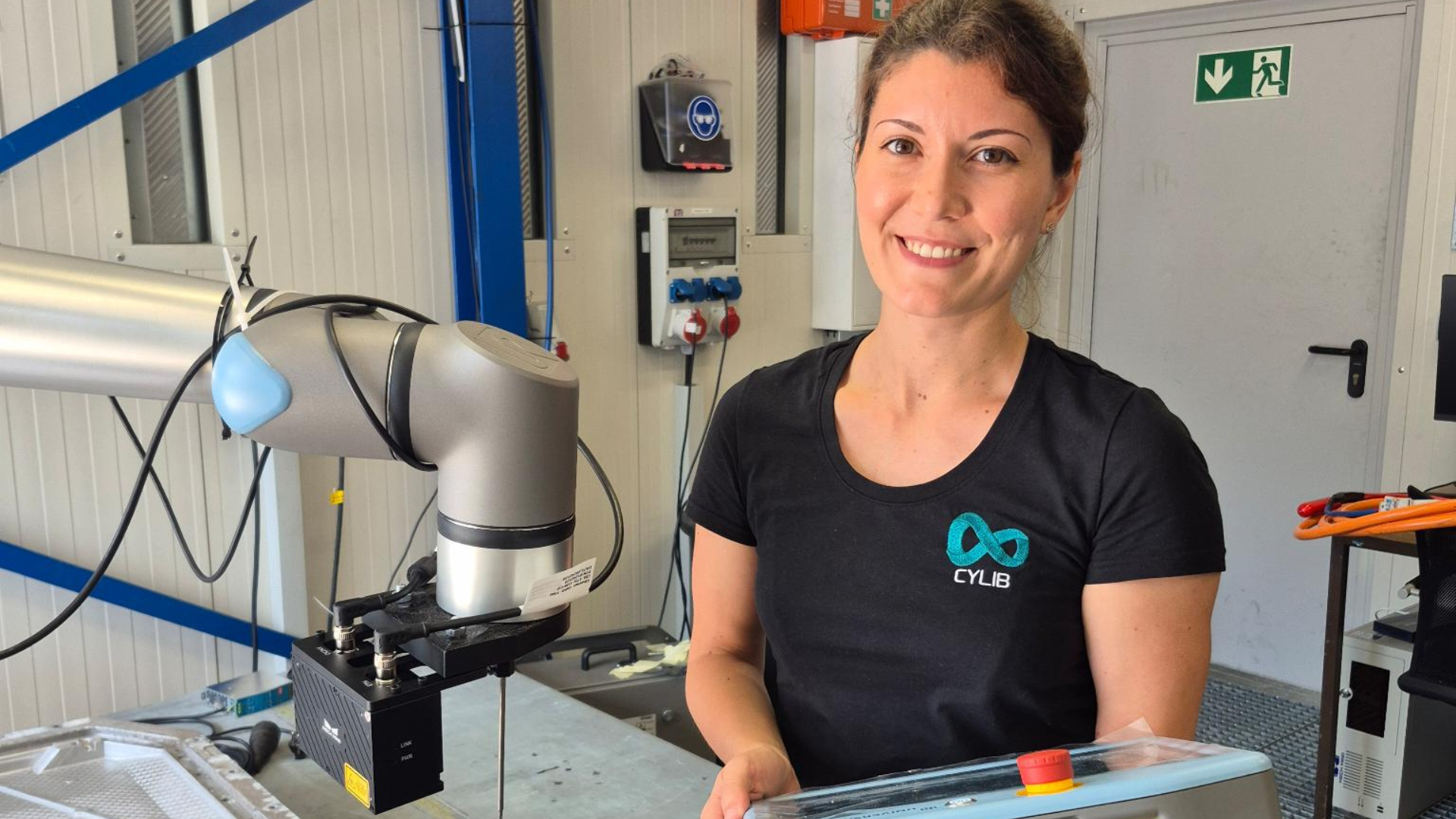
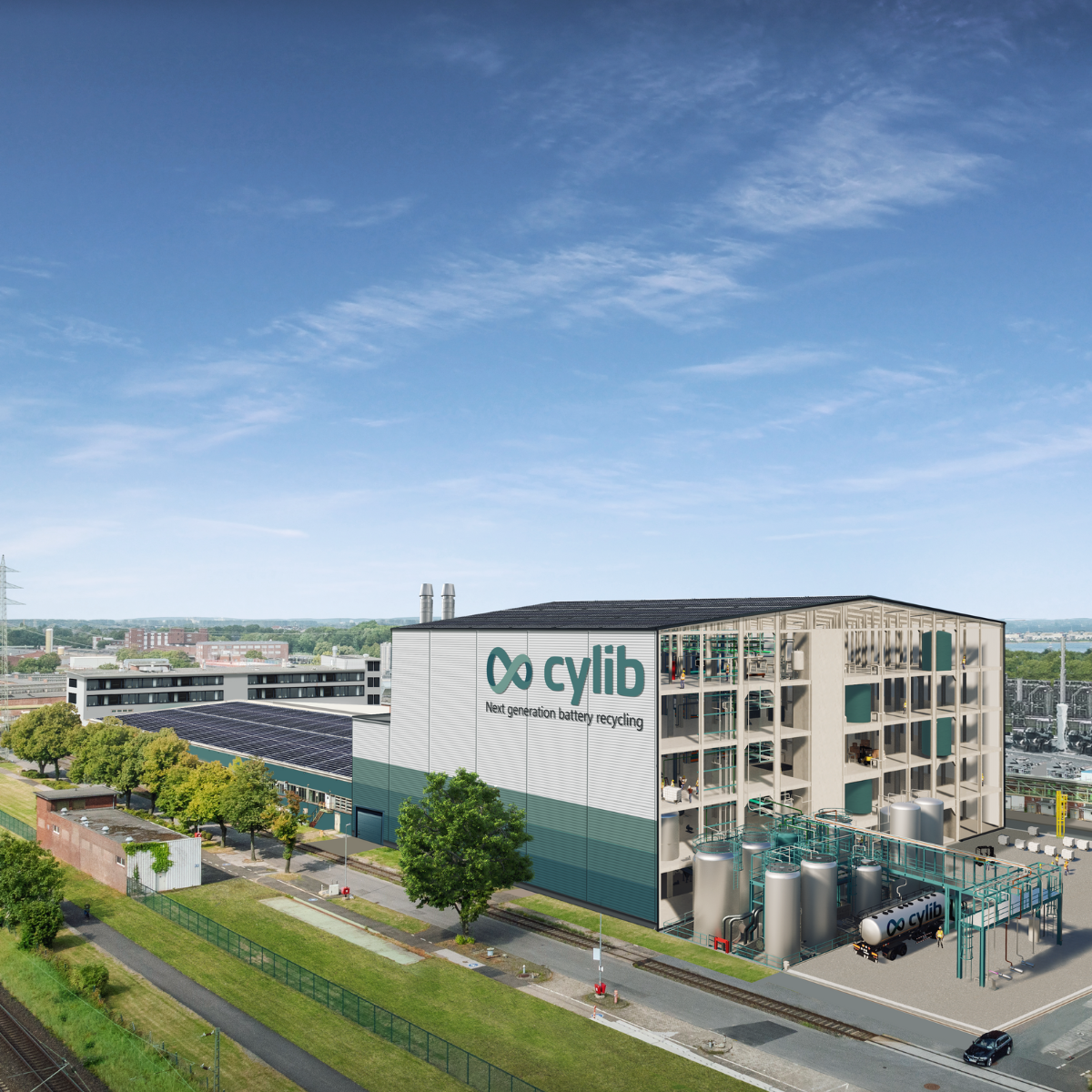
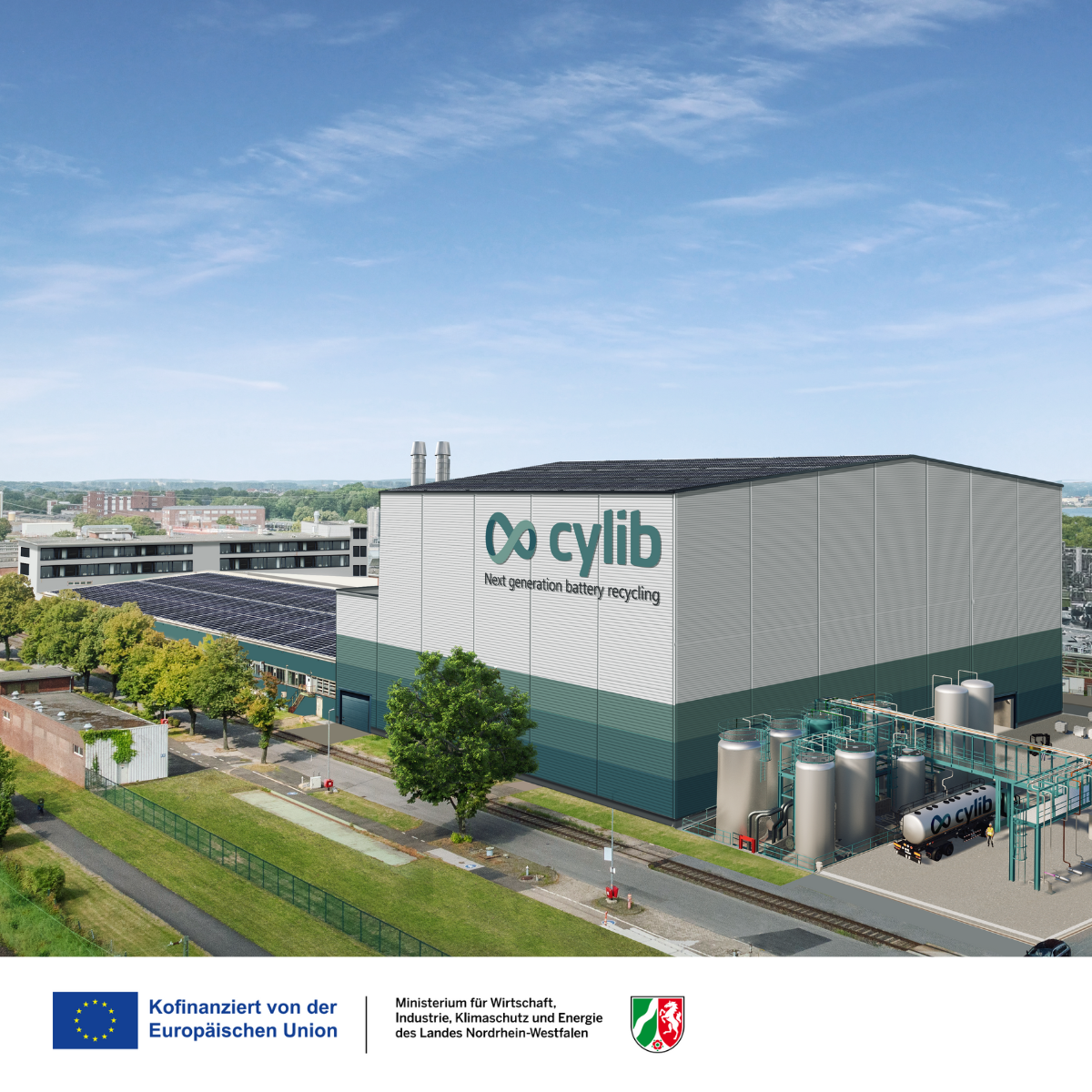
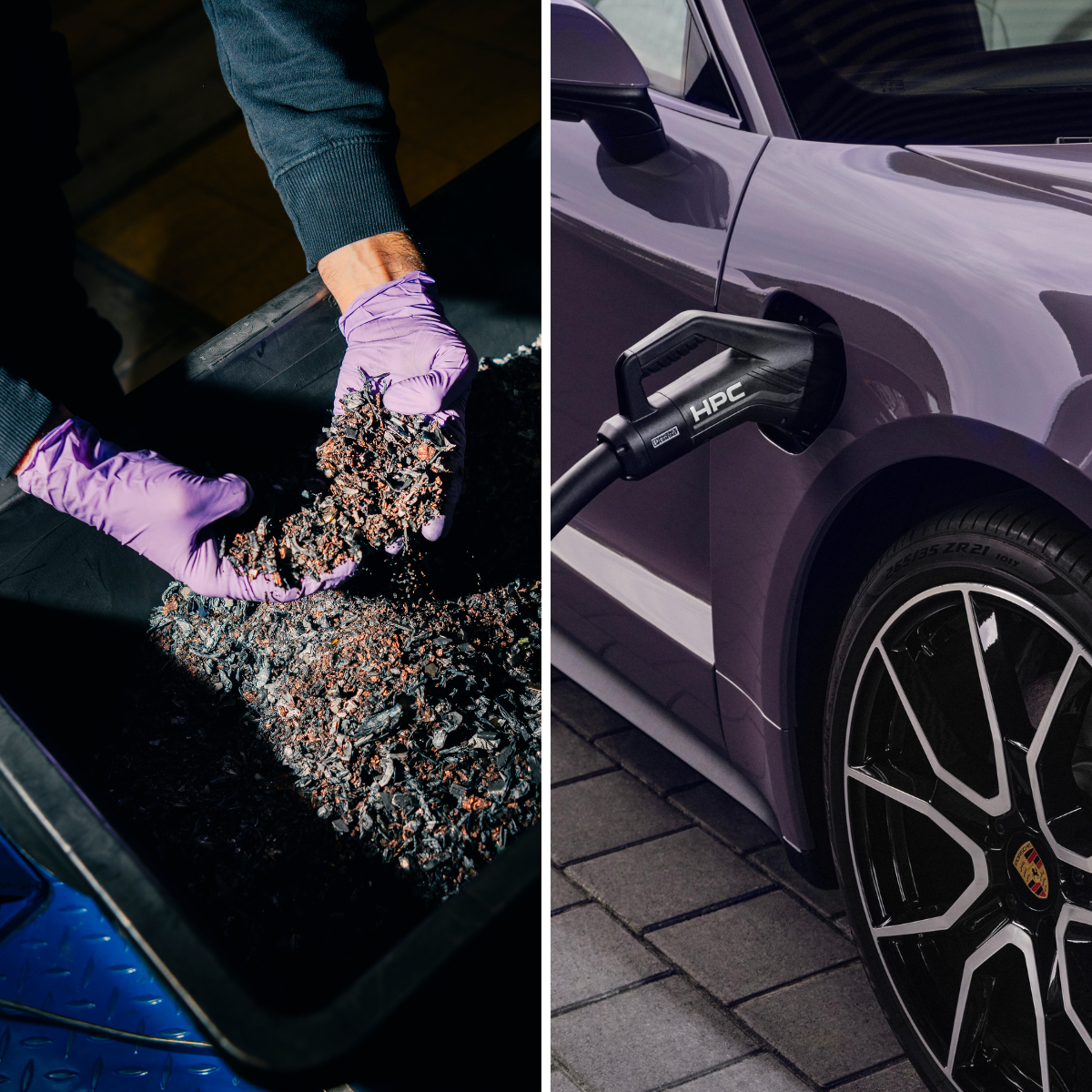
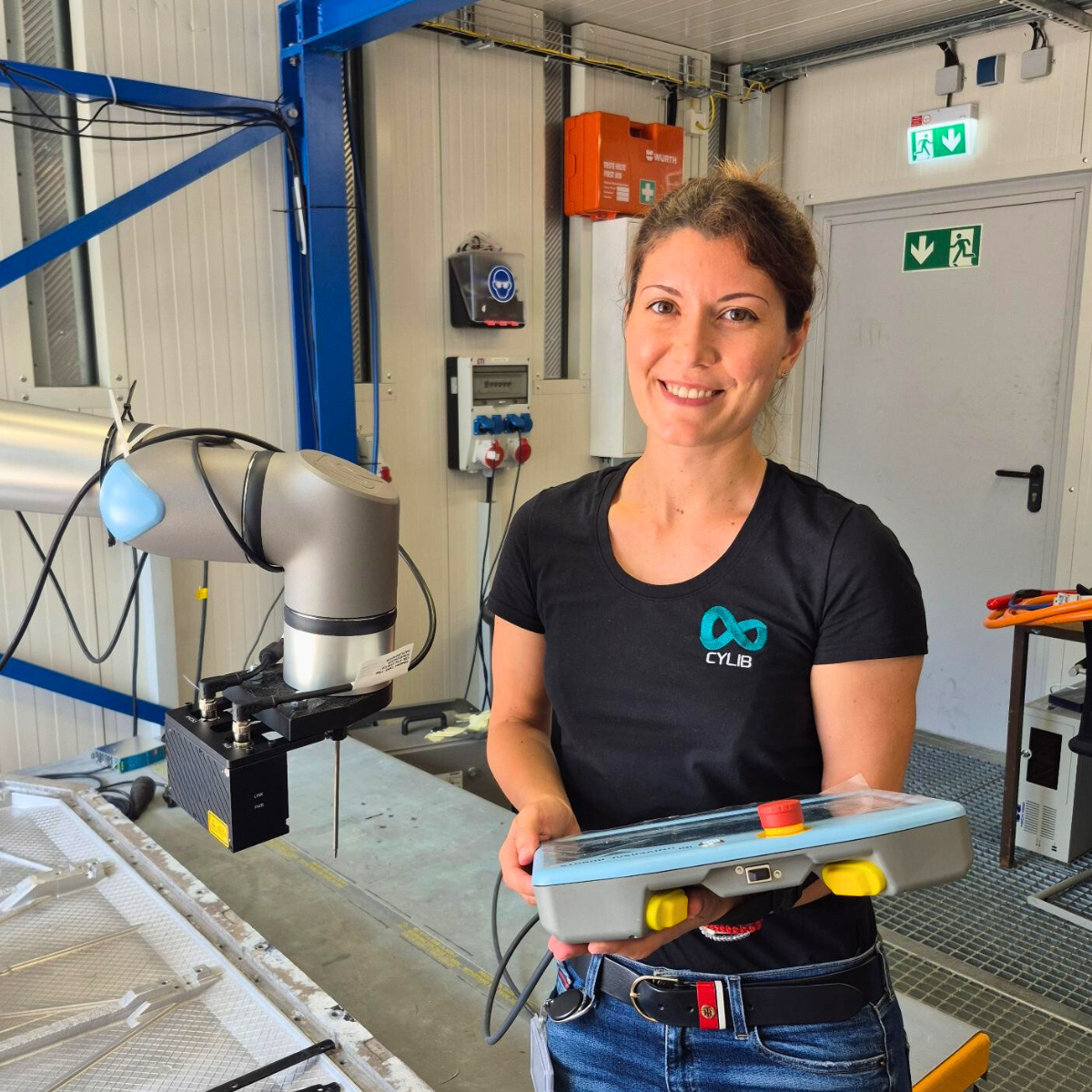



.png)


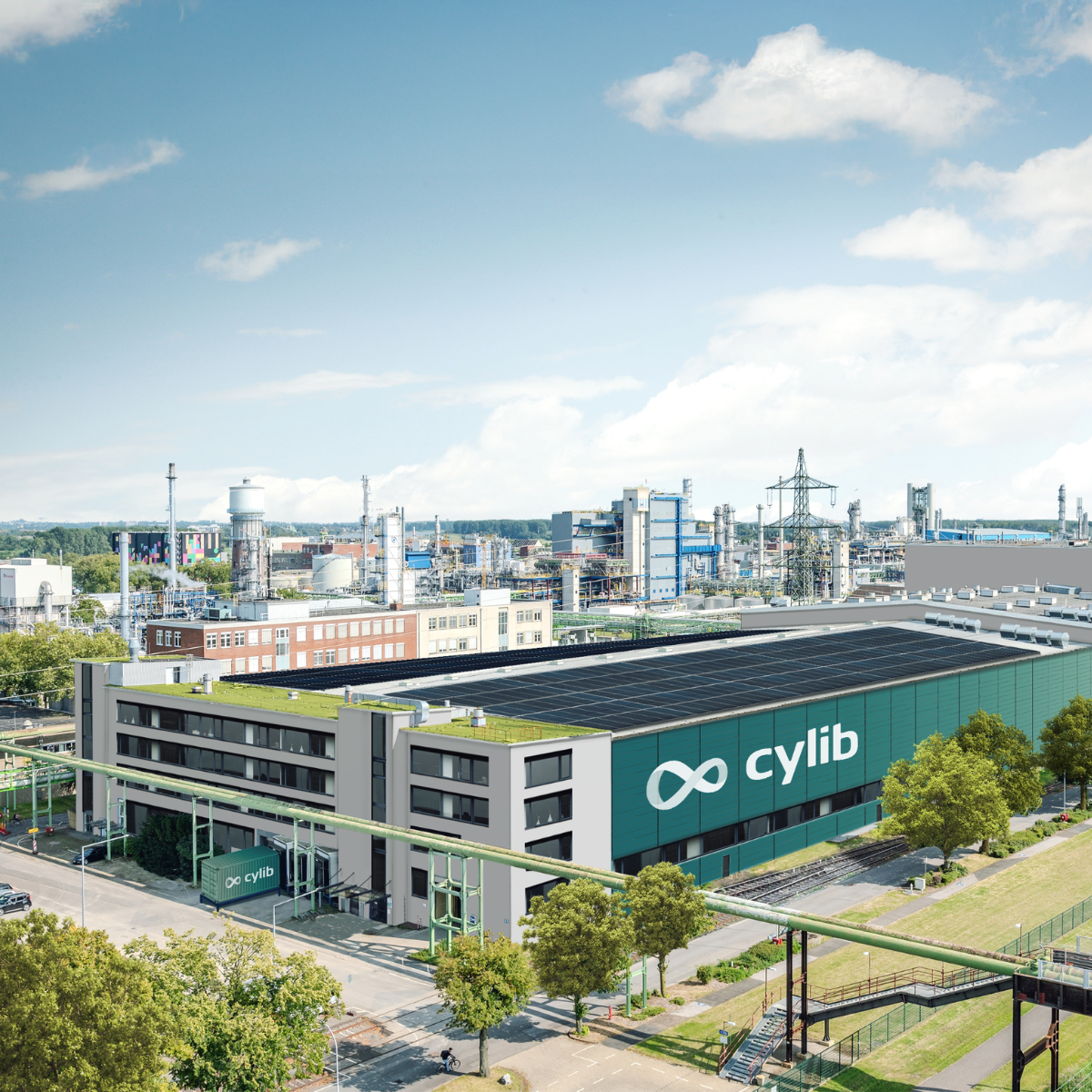
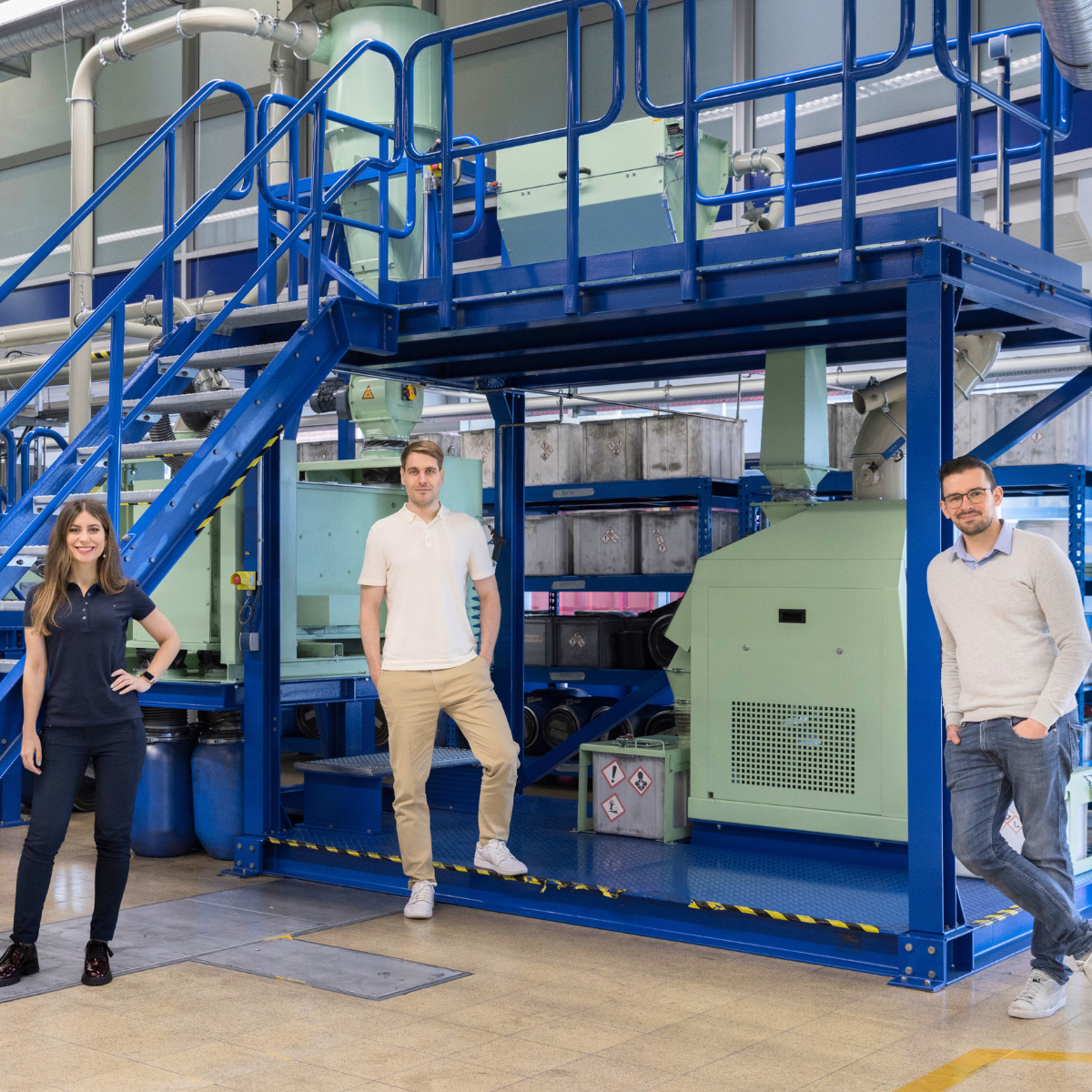
.png)






.png)

